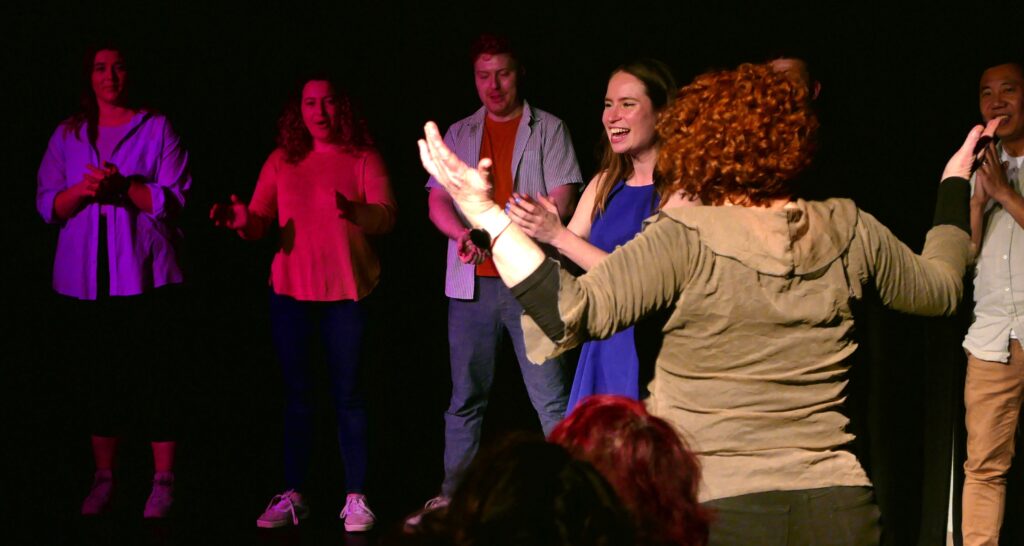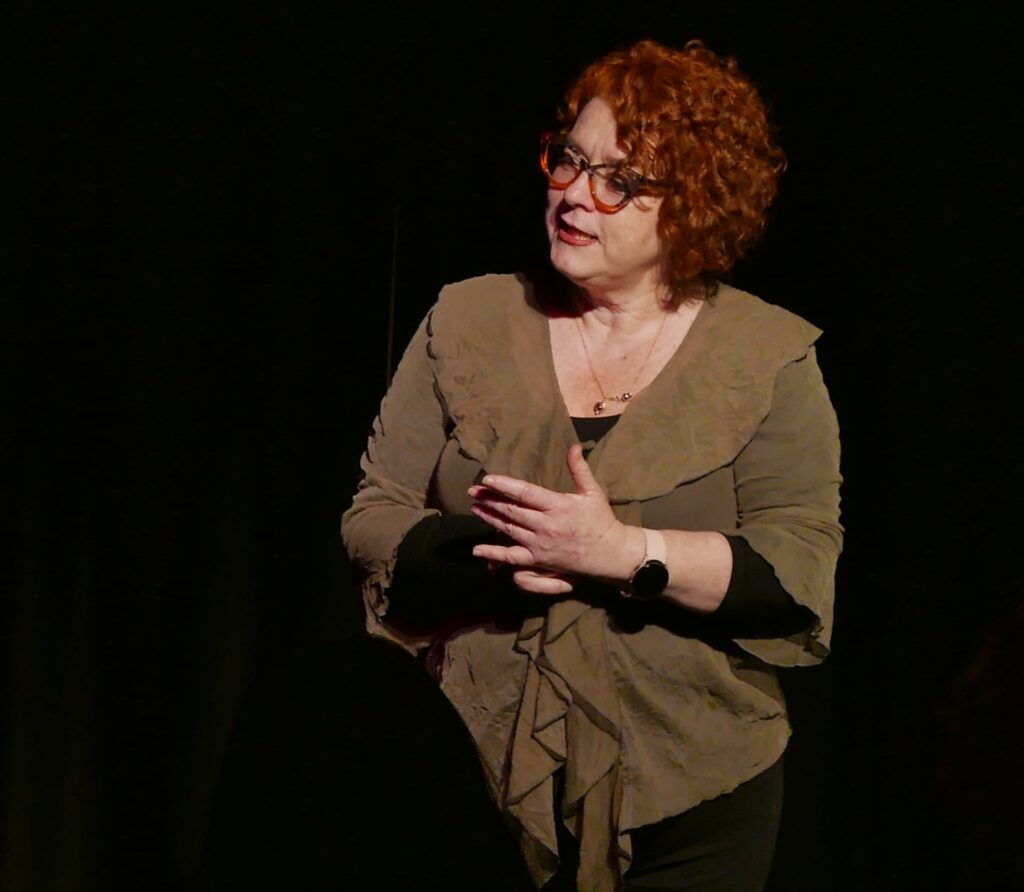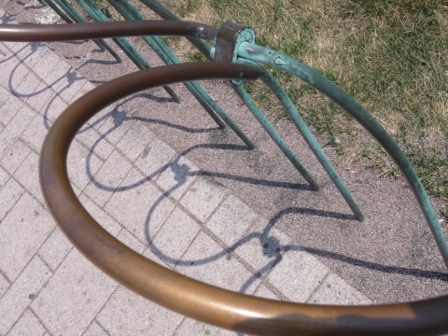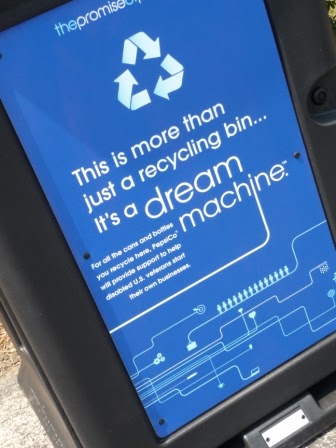day 2, week 3, with barry hite
long form improv operates on entropy. if it starts zany it doesn’t get calmer: but if it starts calm and grounded it can get zany later.
seen a lot of armandos where they use a reframing device (a previous scene reframed as a pitch of a show or an ad). tj and his friends also have a whole show (called “the scene”) where they do it. it’s essentially a directed show, but the whole cast (of 4) use it. haven’t seen it yet. last night i saw chicagoland (a show with tj and another experienced player, noah and 2 others). they ask for a location in chicago to start, and they got steppenwolf theater so we had lots of theatrical scenes which were then interrupted (as well as a few drunken celebrity in bar scenes). One of the fun game of the scene they played was after a long speech tj intervened as director and the player (noah) had to re-do his speech).
old school harold is 45 minutes, now most of them are 25.
today’s focus was varying energy (a good album has a series of songs at differing intensities – i guess the updated reference is a good playlist?). if it’s a one note show, performers get bored, audience will catch up (we need to treat audiences like they are genius poets, can’t bore them).

improv piece as a cumulative art project
seekout variety in play, stage picture, energy,narrative intensity
think of the different energies of a 3rd class teacher, a dictator, an accountant, a kindergarten teacher, a ceo. even low energy choices need to be high intensity, high commitment.
you don’t immediately need all 3 of the big 3 (who, what, where) but at least 1 is needed
it’s fun to watch people working from agreement
high intensity choices and playing upstage don’t mix – play high intensity and downstage
your greatest disagreements will be with the people you love the most
matching scenes gives everyone the same status: with the same status it’s easier to affect each other (more difficult when you have high/low status on the same scene)
in 2 person scenes where you are starting new scenes spontaneously, be aware of the “pool break” edits – there’s no need to go for a little walk to start the next set of scenes (one of our class literally did it like a space jump on himself – very effective)
editing scenes (speed, frequency) has as much effect on energy as anything else does

nothing wrong with the occasional competitive scene (as long as it’s not all you do)
the thing is not that people throw curve balls (zaniness, craziness, magic), it’s that we listen and remember and throw the balls back
exercises:
- character energy match: someone steps into the centre of the circle and adopts a character physically and vocally. rest of the circle must match that energy and intensity; energy must vary from one to one – not all shouty or not all timid, not all excited or despondent.
- match energy: scenes where 2nd player matches the initiator in both energy, physicality and vocal quality
- complement energy: scenes where 2nd player chooses a different energy / physicality / vocal quality from the initiator
- 2 person show: we had 5 – 8 minutes, the brief was to vary the energy, match or complement the energy. barry called the edits, making them increasingly faster. it got so your initiation was coming from nowhere (so much fun, again, again,again!)
- whisper back – initiator says line. 2nd person whispers that line word for word, then says their own line. forces you to acknowledge their line, slows you down, very uncomfortable, but it does make you listen! (barry uses this as an endurance test for listening – the longer the line, the harder it is to repeat; it also shows when your lines are too generic and vague – because you hear them back to yourself and realise the scene is going nowhere because of the vagueness)
- curve ball (tilt) – normal scene and 2-3 lines in one player throws in a curve ball (what johnstone calls a tilt), other players job is to respond to it and ground it in the scene (helps to have immediate acceptance, relationship in the scene already, listening important too – only able to ground the curve ball if you have set up a reality and a relationship already)
- 8 minute show: 2 players on stage for 8 minutes. one ask for, do whatever you like (again, again, again!!)




